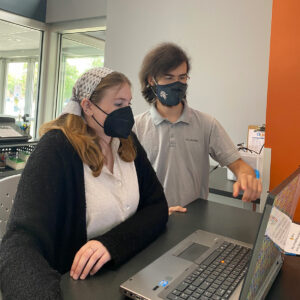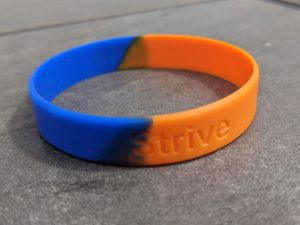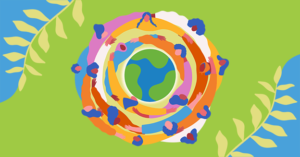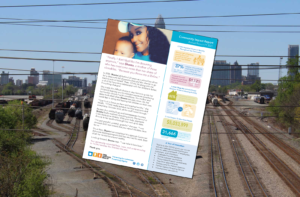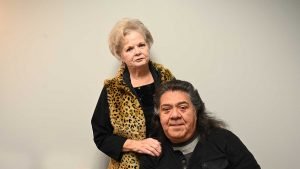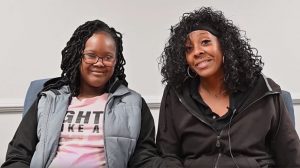TRANSLATE THIS PAGE
One-on-one coaching empowers Mecklenburg County families to rebuild financial stability while introducing pathways to economic opportunity. Participants work one-on-one with a specialist for an average of three months to identify barriers, set goals, and create a plan for the long-term stability of their families.
If you're looking for a way to take back control of your bills and stabilize your household finances, you may qualify for a FREE series of financial empowerment coaching sessions with specialists from Crisis Assistance Ministry.
You can build money management skills while staying on track with housing costs if you:
- live in Mecklenburg County
- are currently housed with a lease or mortgage
- currently have income or receive SSI, SSD, Veterans benefits, etc.
You will meet with a specialist about once a week to assess what’s happening with your finances, income, bills, and housing. Meetings can be virtual, online, by phone, or in person.
These sessions will empower you to set your own goals for managing household needs and create a plan to reach them.
Topics include:
- landlord/tenant rights and communication
- making informed choices about debt
- tracking income and prioritizing expenses
- developing a savings plan and building assets
- referrals to additional services in the community based on your needs
- help to maintain stable housing while you participate and work toward your goals
How to Enroll
Individuals who are interested in free financial empowerment coaching sessions should contact our Economic Mobility team by email for more information.
Economic Mobility Stories
International Women’s Day
Observed worldwide as a celebration of “the social, economic, cultural, and political achievements of women,” International Women’s Day is also a global call to action for accelerating women’s equality. At Crisis Assistance Ministry, we see women’s extraordinary perseverance and potential every day. Hardworking women like Mariagrazia, who was sidelined by an accident but refused to give up, and Shavonna, whose tenacity and grace are a testament to her indomitable spirit.
Budgeting Tips from an Economic Mobility Specialist
Thinking about money can be hard. Sometimes it can just seem easiest to ignore it completely. But not planning for or thinking about our finances might mean that there isn’t enough to cover the things we really need. That’s why it makes sense to try and come up with a plan, a spending plan/budget, for your money.
- « Previous
- 1
- 2
- 3
- 4
- Next »

